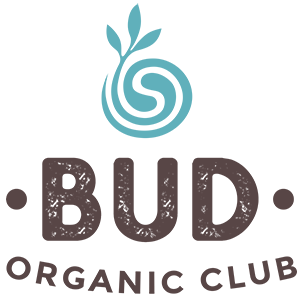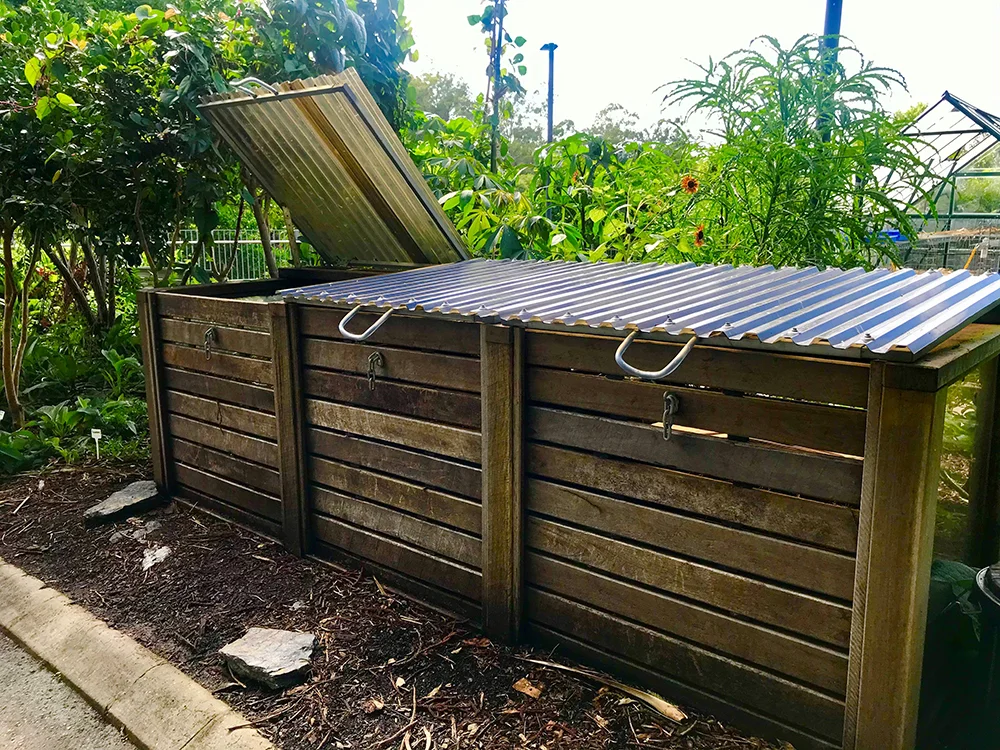by Claire Bickle
Organic Soil 101
Going ‘organic’ in your garden means exactly that; choosing not only organic soil additives but also organic fertilisers and organic pest and disease control measures.
Keeping nasty chemicals and artificial/synthetic soil additives out of your backyard is not only beneficial for you and your family but also for the long-term environmental health of your soil, and the vast array of wildlife, birds, beneficial insects, including bees and butterflies that may frequent your garden.
Your organic choices literally need to start from the ground up.
The Living Soil
Soils are very complex and are not just a mere medium in which plants anchor their roots. Just as you care about the health of your plants you should care just as much about the health of your soil. Soils are actually a vast expanse of macro-organisms, microbes, beneficial bacteria and fungi.
To put it in perspective, one teaspoon of healthy soil can have 100 million to 1 billion bacteria, two to three metres of fungal strands end-to-end, thousands of flagellates and amoeba, hundreds of ciliates, hundreds of nematodes, up to one hundred insects and a few earthworms too.
All of the above help to break down, decompose and aerate organic matter into a nutrient-rich healthy ecosystem within your soil profile.
The key to successful gardening and growing of plants is an actively living soil with all of the above present. This can be achieved by continual additions of organic matter in its many forms.
Why is having organic-rich soil a good thing? Healthy Soil = Healthy Gardens
A healthy living soil and its microorganisms (and beneficial bacteria and fungi) will interact and work with plant roots to help make them more effective at drawing up soil moisture, nutrients and basically create healthier, stronger and more disease-resistant plants long term.
Organic matter will also:
- Help to hold in soil moisture, which equates to less watering.
- Help to improve soil structure and drainage.
- Provide nutrition to soil microbes and plants.
- Create a humus-rich, friable healthy living soil.
- Help to reduce erosion.
- Make plants more disease and pest resistant.
- Aid in water absorption and reduce water run-off
Organic matter you can add to your soil.
Adding certified organic matter and organic matter you’ve created yourself to your soil is a simple task and can be done any time of year.
Some additives include:
- Compost
- Animal manures, such as cow, sheep, fowl, horse, alpaca etc
- Mushroom compost
- Worm castings
- Leaf litter/grass clippings
- Mulches such as sugarcane, lucerne, pea-straw etc
- Seaweed and fish emulsions (these are usually administered to your soil as a liquid)
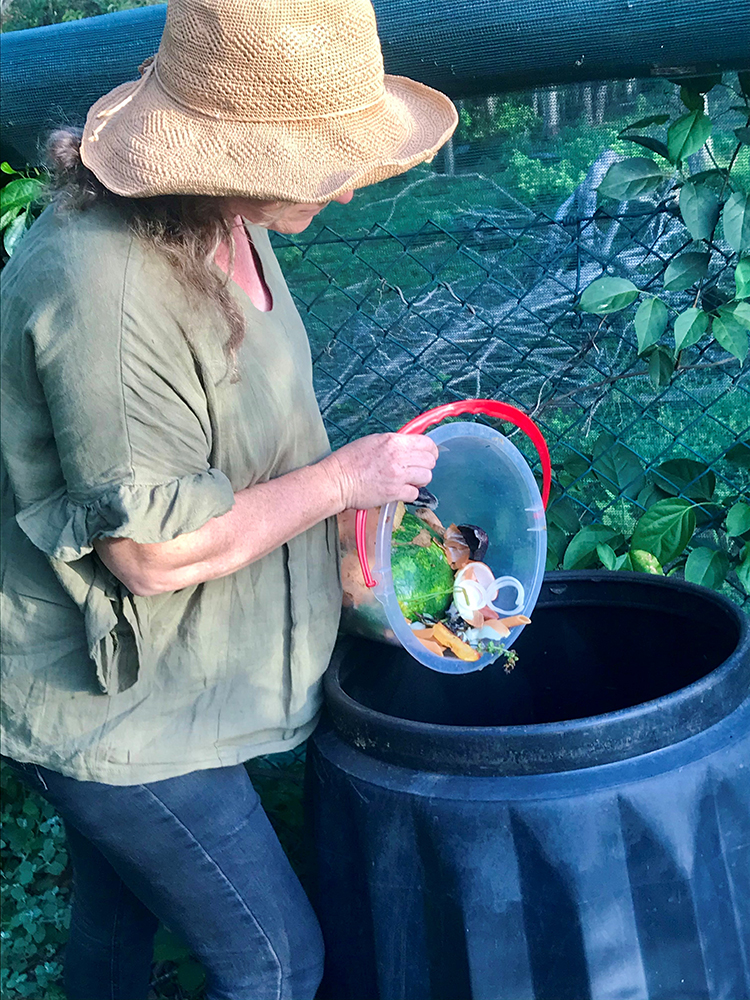
How to create your own ‘Organic Matter’.
Composting:
You can create your own organic matter by recycling your kitchen fruit and vegetable scraps and garden refuse with a variety of composting methods.
- Aerobic composting – hot composting is a quick way to break down organic matter. It is where you create a heap with the correct ratios of nitrogen and carbon ingredients plus moisture. The heap will require turning every few days and you can create compost in as little as six weeks.
- Anaerobic composting – cold composting is a bin set up, where kitchen scraps and green waste are placed within the bin of choice and will slowly break down over time. Composting this way can take up to six months.
- Trench – simply burying your kitchen scraps in situ.
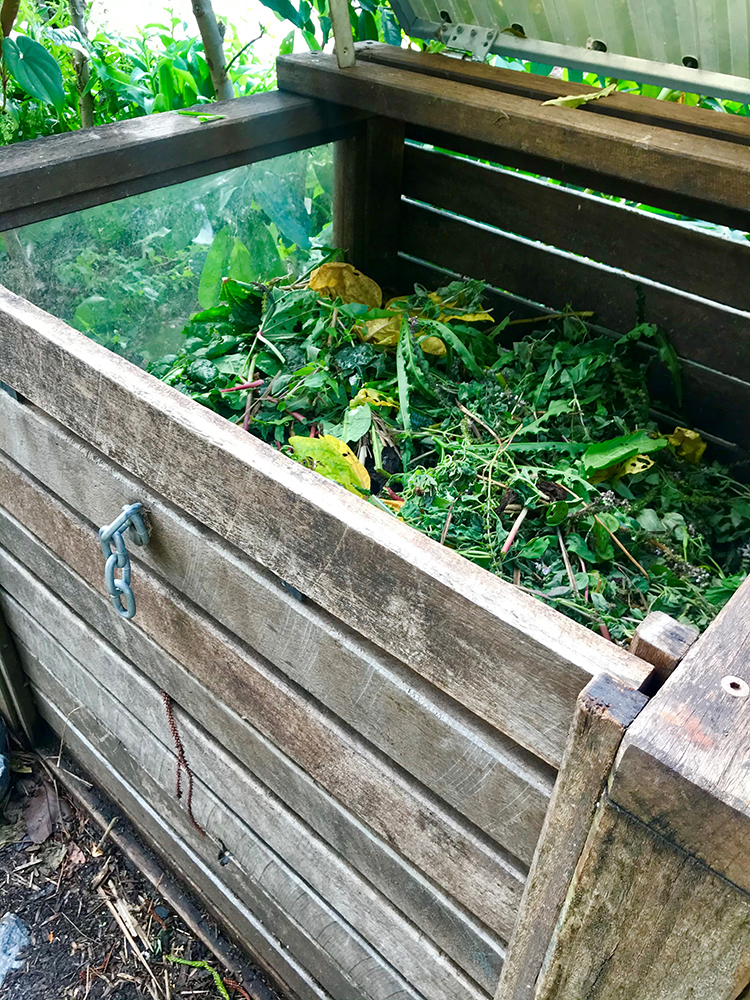
Bokashi Buckets:
These are fermentation buckets and are utilised to ferment kitchen waste before you add it to your preferred method of composting and or worm farm.
Worm farms:
Worm farms and composting worms can be purchased ready to go or you can make your own out of recycled materials. There are many variations and instructions on how to do this online. The end products are worm castings and liquid worm wee.
Mulching:
Applying low carbon mulches such as Lucerne, sugarcane and or pea straw several times per year will not only suppress weed and preserve soil moisture. They will also as they break down add carbon and organic matter to your soil profile.
Animal manures:
This can be acquired by keeping your own livestock like chickens for example. Or seeking out a local source of cow or horse manure maybe an option for you.
Green Manure Crops:
This is where you sow a green manure seed mix to a bare patch of soil or garden bed. Once the plants have just about reached maturity you turn them into the soil. Green manure seed mixes generally consist of a variety of legumes species and other nitrogen rich and fixing plants.
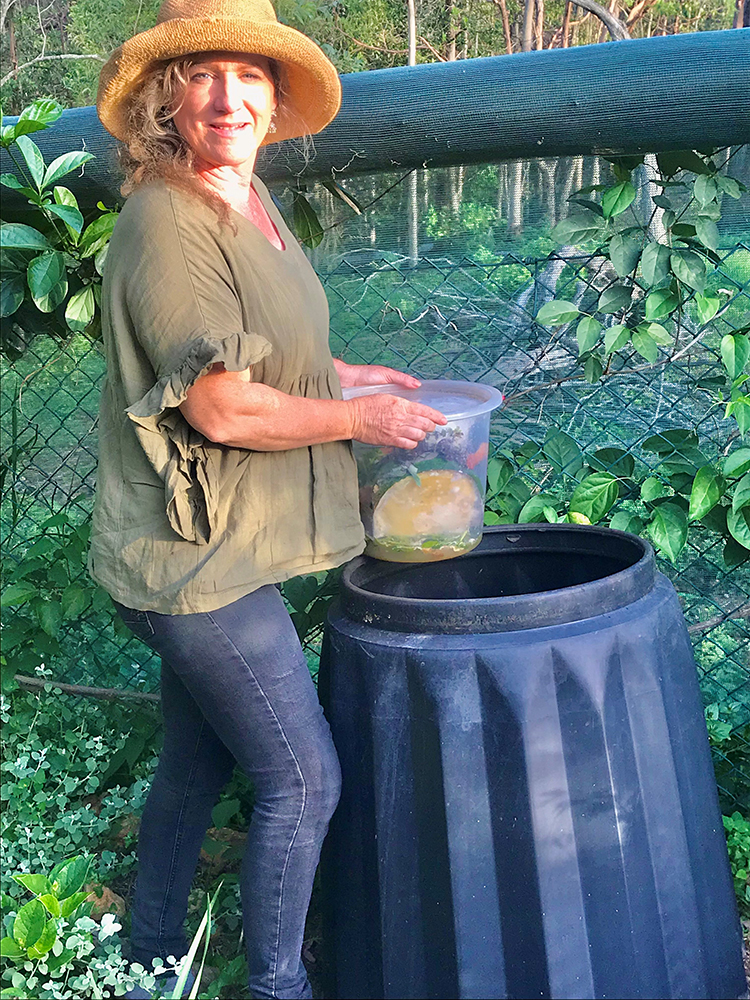
About Claire Bickle
Claire Bickle is a Brisbane based qualified horticulturist with 30 years’ experience. She is passionate about all things horticultural, gardening and sustainability. She is a regular ABC radio presenter, workshop facilitator, educator, writer, speaker and garden tour leader.
Facebook: Claire Bickle Gardening for the Goodlife
Instagram: @clairebicklesgoodlife
